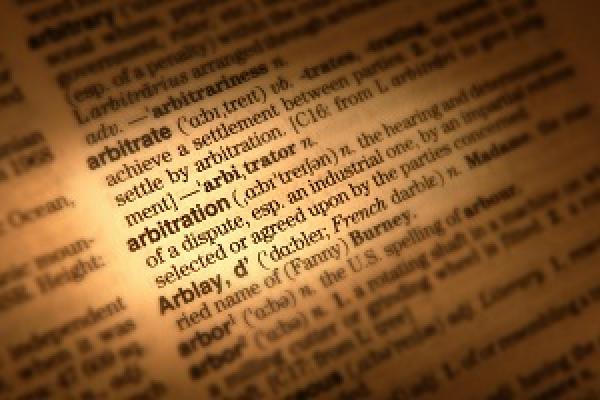
Steamship Mutual
Published: April 23, 2019

“FOUR ISLAND” [2018] EWHC 3820 (Comm), QBD, Commercial Court, Mr Justice Males, 12 December 2018
The MT Four Island was chartered on amended Asbatankvoy terms by a recap dated 27 June 2014. The charterparty provided for English law and jurisdiction. Owners had a claim for US$718,948 demurrage and US$190,200 heating costs. Over a series of email exchanges, Charterers agreed to pay US$600,000 in full and final settlement of Owners’ claims, although no formal settlement agreement was signed. Despite the agreement, Charterers failed to pay.
Owners commenced arbitration to claim the agreed figure of US$600,000 pursuant to the arbitration clause in the charterparty which provided for London arbitration to determine “any and all differences and disputes of whatsoever nature arising out of this charter”. In their defence Charterers argued that the arbitrators did not have jurisdiction to determine the dispute because the settlement agreement did not provide for London arbitration, and so the arbitrators’ appointment did not extend to dealing with a claim for the agreed settlement sum.
The arbitrators held that they did have jurisdiction to determine the claim, and as Charterers had not advanced any argument on the merits of those claims, awarded the sums to the Owners. In reaching their decision the arbitrators commented that given the informal nature of the agreement to pay US$600,000 for disputes under the charterparty, it was the plain intention (even though not expressed) that the separate agreement should be governed by the same dispute resolution provisions as the original charterparty under which the claims arose. The arbitrators also said that particularly where there is no self-contained agreement, any reference to some other, different dispute resolution procedure would have to be expressly recorded, rather than just inferred, to overturn this position.
Charterers submitted a Section 67 appeal application to the Commercial Court, arguing that the settlement agreement did not contain an arbitration clause or seek to incorporate the charterparty’s arbitration clause. Charterers also argued that the arbitrators were appointed to hear disputes under the charterparty, not the agreement.
Dismissing the appeal, the Court described the agreement as “an informal and routine arrangement to finalise the sums due under the charterparty” which did not reference a dispute resolution procedure or choice of law, but agreed with the arbitrators that the parties clearly intended the charterparty’s arbitration clause to apply including the English law in the event the sum was not paid, even though the agreement to pay US$600,000 represented a new cause of action. The Court added that the parties could not have intended that if the agreed sum went unpaid the Owner would not be able to pursue the claim in arbitration and would instead have to commence court proceedings in the Charterers’ home jurisdiction or seek permission to serve English proceedings out of the jurisdiction.
The Court said that whilst the notice of arbitration did not refer to the agreed sum, instead referencing a claim for demurrage and heating costs, this was effective to refer the claim for the agreed sum to arbitration, reflecting the broad and flexible approach of the Court to the wording of arbitration notices. The Court concluded that “the tidying up of accounts and the resolution of outstanding claims from a charterparty voyage is clearly a matter which arises under the charterparty”.
Whilst this judgment may provide some deterrent to future cases on this point, it may be prudent for owners/charterers negotiating the settlement of charterparty accounts to mark correspondence “without prejudice”, and to expressly state that the dispute resolution clause of the underlying contract will apply to any agreements or settlements of disputes


